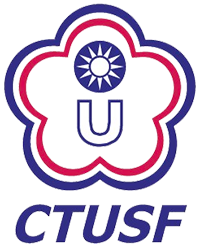Sports & Exercise Research Volume 23 Number 4
Author:Ying Chiang
Period/Date/Page:Vol. 23 No. 4 (2021 / 12 / 31) , P329 - 350
DOI:10.5297/ser.202112_23(4).0001
Exercise for the Nation: A Discourse of Women's Leisure-Time Exercise in Taiwan Before the 1990s
Abstract:This research aims to adopt critical discourse analysis to investigate the discourse of leisure-time exercise from the 1940s to the 1990s. Results indicate that the patriotic "physical education (PE) for all" policy of the Kuomintang (KMT) government was launched in the 1940s. In the 1980s, the idea of "sports for all" was gradually phased out in favor of "PE for all." Taiwanese citizens were encouraged to participate in leisure-time exercise as a patriotic duty. Achieving good health was still not the ultimate or individualistic goal of leisure-time exercise for Taiwanese, amid the mainstream ideology of nationalism. In the same era, new forms of gendered expectations and disciplines were created. Despite attracting women into the realm of exercise, the traditional gender norms and division of labor were still prominent. In addition to this moralistic propaganda, discourses that drew women into exercise also mixed themselves with the beauty myth and healthism. These were disseminated in mass media in the context of consumerism. This study concludes that before the 1990s, nationalism and collectivism were still the main discourses of women's leisure-time exercise. Exercise and health are connected in a transcendental and essential relationship. Taiwanese women are gradually emerging as important consumers of leisure sports, and their practice is closely linked to the female body and femininity. (Full text)




